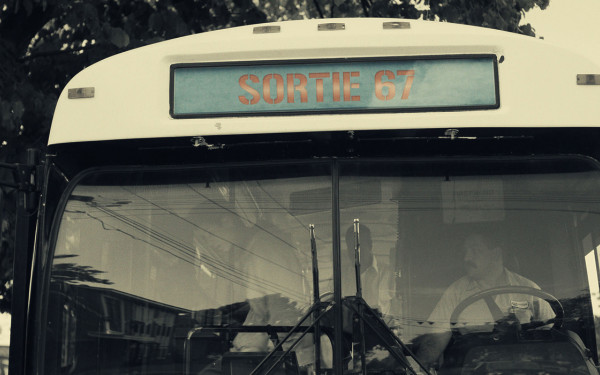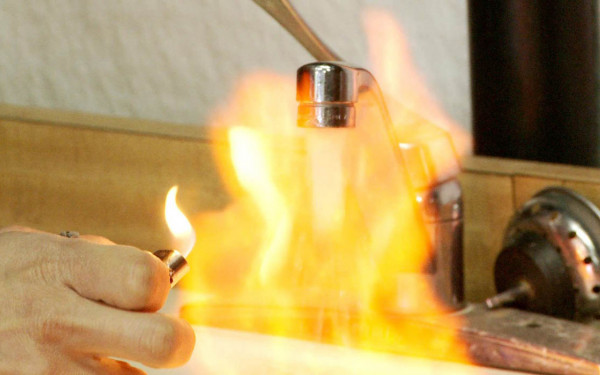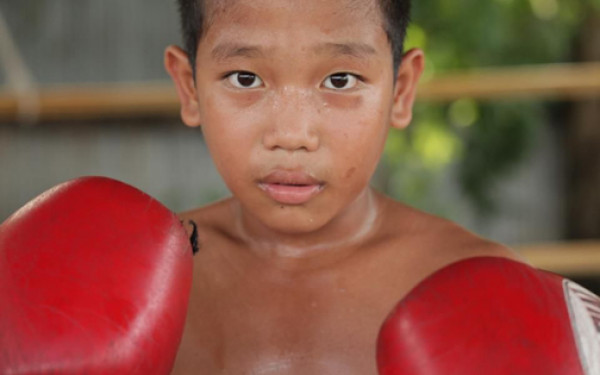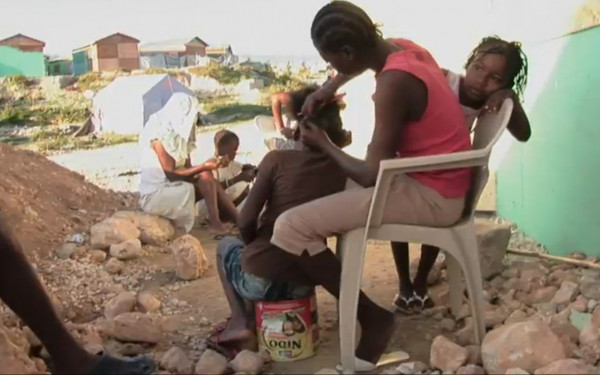No End In Sight
The Alberta Dream, Crushed
So much for the notion that the “Alberta dream” is a safe and reassuring one.
In the documentary Burning Water, Alberta farmer Fiona Lauridsen finds out that the water she has been drinking, farming and showering with is filled with methane and various levels of other dangerous chemicals. Throughout the film, the ramifications intensify when her cattle begin to die and her three children leave their showers with chemical burns on their skin.
Lauridsen decides to get to the bottom of what’s been a nightmare for her and her family. Sadly, it gets much more complicated than that, as Lauridsen discovers that the ones responsible have deep, personal ties to the provincial government and, surprise-surprise, have greedy, corrupt tendencies.
Running at a mere 42 minutes, Burning Water has enough guts and passion that you forgive its shortcomings, which include repetitive content and no real sense of style. The filmmakers of this relevant documentary are not in pursuit of an artistic statement or flashiness. They hammer out their points to the audience, ensuring you remember them after you leave the theatre.
Directors Cameron Esler and Tadzio Richards interview Fiona and her husband in all their rage as they attempt to fight the law. I guess you may have an idea as to who wins this battle.
The filmmakers portray the province as part of a “New West” that is invested in and dominated by oil and gas. Greed is the topic of the day and Esler and Richards make sure that we understand that very well. They are not out to show both sides of the story; they have clearly chosen a side and demand that we go along with them. It’s a David versus Goliath story that doesn’t have a happy ending or a clean resolution. In the new world order, it is greed that always has the last word.
In a poignant and touching scene, Fiona can’t help but cry in front of the camera as she is confronted with the realization that there is no end in sight to her dreadful situation. After managing to keep her cool throughout the film, the tears finally come when she realizes she is left alone—isolated by a government that couldn’t care less about her or her ordeal.
In an age where Quebec is being criticized for its corruption by the rest of Canada, moments like these make you realize that less publicized corruption lies everywhere.
Burning Water will be screened throughout the week at Cinema du Parc (3575 Ave. Du Parc).
This article originally appeared in Volume 31, Issue 08, published October 5, 2010.

__900_430_90.jpg)





